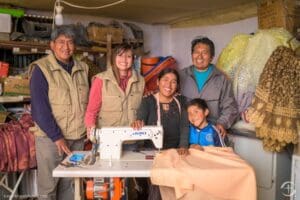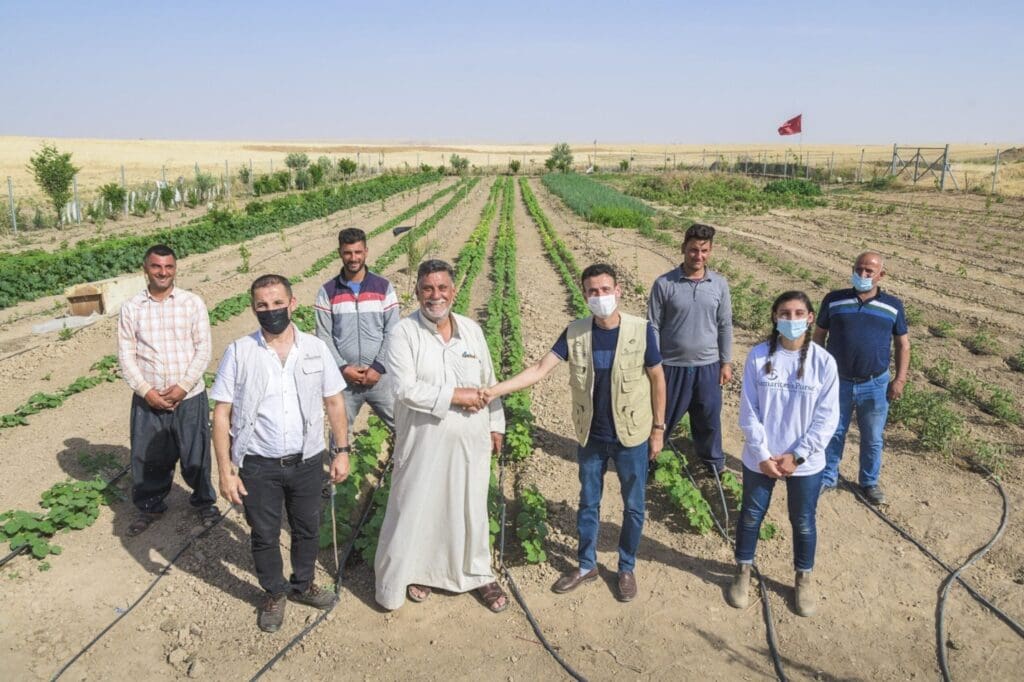Livelihood programs are essential in fostering sustainable development and economic empowerment across a wide range of activities. From agriculture and sewing to beekeeping and micro-franchises, these initiatives equip communities with crucial skills and opportunities for self-sufficiency. Photography captures these transformative impacts, highlighting the breadth and diversity of these efforts.

Documenting a Spectrum of Transformation
Photographs of livelihood programs vividly showcase the progress communities achieve through empowerment. Images of bustling workshops, flourishing farms, and thriving local businesses provide concrete evidence of how diverse these programs are and how they transform lives. They not only celebrate achievements but also illustrate the practical application of new skills that lead to sustainable livelihoods.
Humanizing the Narrative
By focusing on individuals and their stories within these varied programs, photography brings a personal dimension to the narrative of development. This human element creates a connection with audiences worldwide, making the abstract concept of aid tangible and relatable, and fostering deeper empathy and support.
Inspiring Action and Support
Effective visual storytelling can significantly enhance outreach and fundraising efforts for livelihood programs. Compelling photographs that showcase success stories and ongoing needs across multiple sectors can drive engagement, attract resources, and inspire people to support these vital initiatives. Visual stories resonate deeply, motivating stakeholders and the public to contribute to the cause.
Advocating Through Visual Evidence
Photography is a powerful tool in advocacy, providing visual evidence that can influence policymakers and funders. Successful outcomes and detailed depictions of ongoing challenges advocate for continued or increased support, helping to secure the resources necessary for these programs to thrive.
Ethical Considerations in Humanitarian Photography
In documenting these diverse programs, photographers must adhere to ethical standards, respecting the dignity and privacy of subjects, obtaining informed consent, and representing stories truthfully. Ethical storytelling is crucial to maintain trust and integrity in the images and the relationships with the communities involved.
Join Us in Making a Difference
The range of livelihood programs captured through photography underscores their importance in building independent, strong communities. These images inspire continued support and engagement from a global audience, demonstrating the powerful role of photography in humanitarian efforts.


